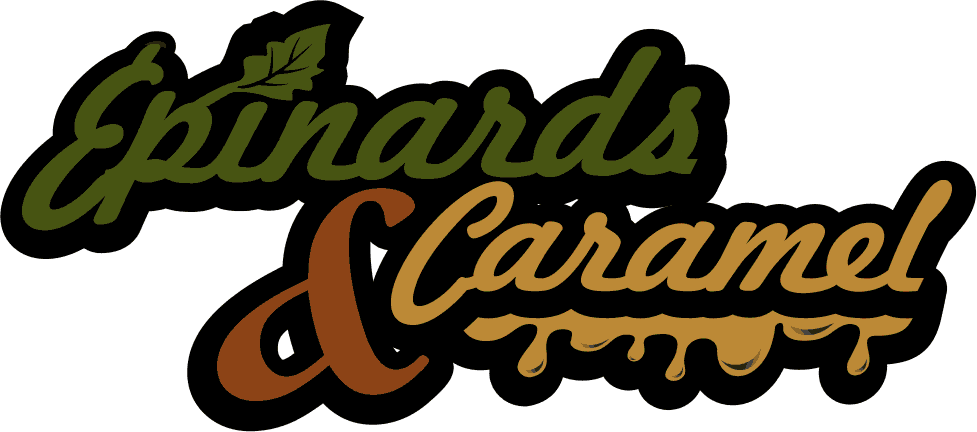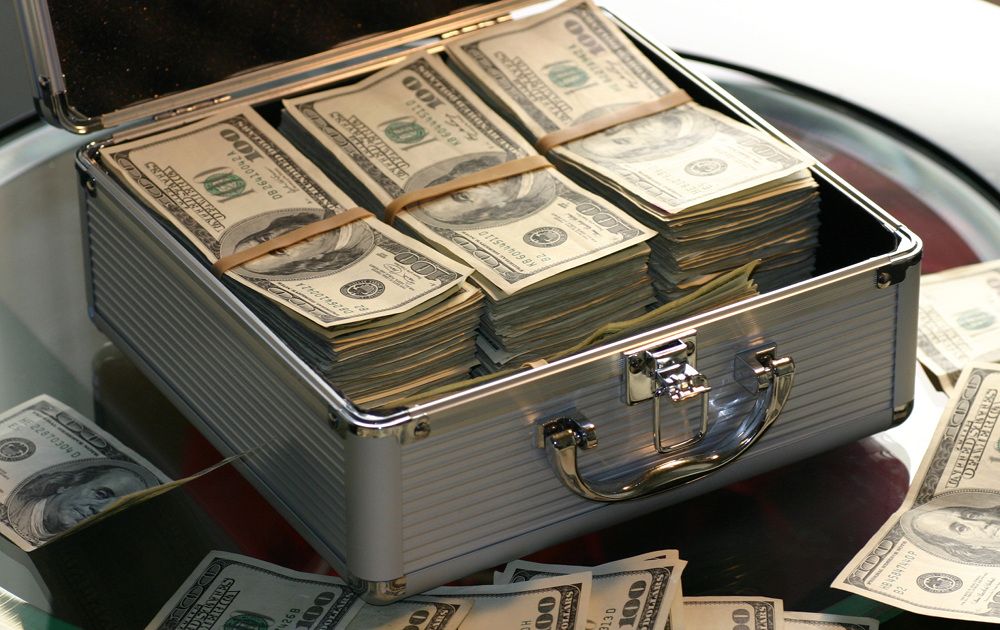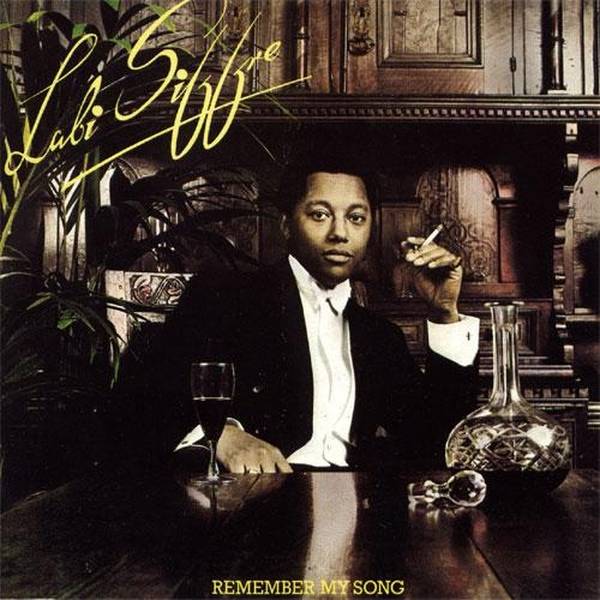Table des matières

Another day of TED is over; here's my summary of the events. Today, I'll try not to use the word "amazing" too many times. :)
Unfortunately, I missed most of the content of this TED day, so my account will be a short one. I'll edit this post once I see the talks I missed on TED archive.
Oh, and Apple was unveiling the ipad 2 that day, which I guess is a big deal. In some circles.
Session 4: Deep Mystery
I was still at work during the session, couldn't see it live. I just caught the last three interventions :
Aaron O'Connell tried to explain to us the theory of quantum mechanics. As always, it's very hard to grasp. Maya Beiser helped "letting our brains heal", by performing a couple of beautiful cello pieces.
Next came Deb Roy's talk, which I really was expecting. Chris Anderson introduced him by saying that his project required "an ungodly amount of computing power", as Roy is recording every word uttered by his own son, in order to have the first complete account of how humans learn language.
Using this incredible amount of data, deb Roy is able to analyze the evolution of a word in his son's speech, and when and where that word was uttered in his presence, creating "word maps".
This research then evolved, allowing him and his team to analyze the output of every American TV channel, to connect mass media and social media.
Session 5: Worlds Imagined
Worlds Imagined started with Julie Taymor, a director and designer, which gave insight into the way she creates movies and plays.
She was followed by a three-minutes presentation of World of Warcraft by one of its designers, Rob Pardo.
After a short presentation of the ted fellows program, Morgan Spurlock came to the stage. He is the filmmaker behind the documentary "Supersize Me", and has a tendency to put himself in the middle of a story. His new project is called "The Greatest Story Ever Sold", a look into advertising and product placement. I'd like to see that movie, as it looks very interesting. Also, today I learned that São Paulo banned outdoor advertising.
He was followed by Bill Ford, executive chair for the Ford Motor Company. I was a little bit surprised to see a representative for the auto industry at TED, which tends to lean more towards the environment side of the debate. But I was pleasantly surprised to learn that Bill Ford has been trying for years to bring environment issues to the table at Ford. He talked about the future of cars, which won't be "more roads", but rather the building of network of "smart cars" : "The potential of a connected car network is almost limitless."
Terrence McArdle & Ben Newhouse, inventors, then gave a short presentation of a new product called bubbles, which aims to replace photos in electronic documents with explorable 3D environments.
The session ended with a talk by Indra Nooyi, chair and CEO of PepsiCo. She explained in detail PepsiCo's "Refresh Everything" campaign, which gives grants to people with an idea to improve their community.
Session 6: Knowledge Revolution
Session 6 was curated by Bill Gates, a "guest curator", a new feature of TED 2011. It started with David Christian, historian, who gave us an account of what he calls "Big History" : the events from the Big Bang to the Rise of Humanity : "In a universe ruled by the second law of thermodynamics, how do we create complexity? Yet we do".
Bill Gates introduced the next speaker : Amina Az-Zubair, national coordinator for Education for All, at Nigeria's ministry of education. "1 in 5 Africans are Nigerian. 150 million people. 17 million in poverty".
Amina talked about the Millennium Development Goals, goals set by the UN in 2000, to try and end poverty in the world. It was an uplifting talk; maybe it is possible to end poverty.
Next came Bruce Aylward, a Canadian physician and epidemiologist, who heads the polio eradication program at WHO. He has been working for 20 years on the eradication of this terrible disease, with promising results.
After a mention to people who organize TEDx events all around the world, Bill Gates introduced Sal Khan, a math educator. Khan founded the Khan Academy, an amazing website with more that 2000 lessons in video, on subjects ranging from History to Chemestry. Salman has a lot of interesting ideas on the future of education. I'll be creating an account on Khan Academy very soon. :)
ei π + 1 = 0 : if this does not blow your mind, then you have no emotion.
Salman Khan
Session 7: Radical Collaboration
Didn't watch this session live either.
EDIT : Now I have, here are my comments :
Session on collaboration began with a nice speech by Wael Ghonim, speaking from TEDxCairo on the Egyptian revolution and the power of the Internet on collaboration.
Egyptians have proven to be true that the power of the people is much stronger than the people in power.
Wael Ghonim
The session continued with an interesting talk by Eddie Widder, about bioluminescence in deep see creatures.
After a short mention of the Mission Blue voyage, last year's TED prize winner, Jamie Oliver, was welcomed back to the stage, to give an update on his "food revolution".
I’ve filmed scenes of these kids that will make you cry and throw things at the TV.
Jamie Oliver
It was time to introduce this year's winner of the TED prize, and his wish : JR came to the stage and, after showing his work in Paris' citées and Rio's favelas, he presented his wish :
For you to stand up for what you care about by participating a global art project. And together we’ll turn the world … INSIDE OUT
JR's wish
Go to http://www.insideoutproject.net/ to be a part of JR's TED Prize Wish.
The session ended with a couple of beautiful songs by Antony.



